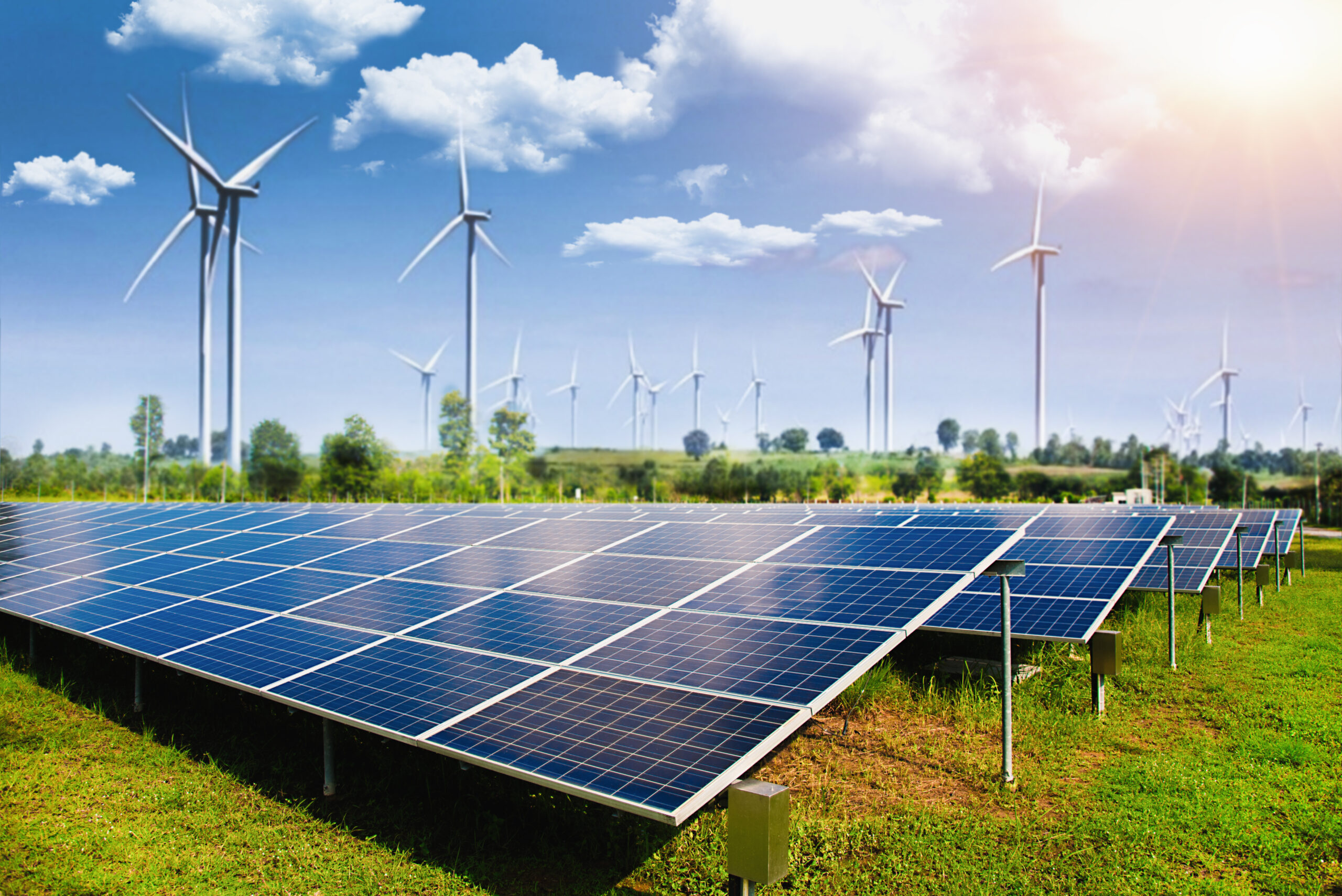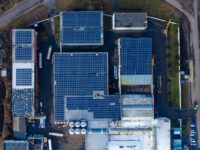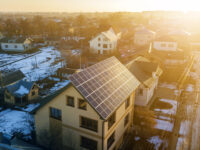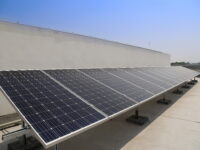There’s an excellent chance that at the smallest, one of the solar installers you talk to will have Canadian Solar panels on their list. If you want to make solar panels, Canadian Solar is one of the best in the world. They have a long history of success and big plans for the future. We’ll go over how their solar panels stack up against the competition and if you can count on them to endure for decades on your roof in the sections below.
Canadian Solar Panels Power
In late 2021, Canadian Solar Incorporated will be one of the world’s top five manufacturers of solar modules. They will be able to make 25 GW of solar modules each year. The company’s headquarters are in Guelph, Ontario. They also have a 500 MW manufacturing plant in Canada. However, most of the modules that Candian makes are made in China. Canadian Solar also makes solar materials in Indonesia, Vietnam, Brazil, China, and Canada.
Canadian Solar was created in 2001 by Dr. Shawn Qu. This makes it a relatively old solar company, though. In the past few years, it has grown to have a lot of people working for it on many different continents. In addition to making solar panels. The company also makes some of the raw silicon, wafers, and solar cells that go into those panels.
The best solar modules
A company that possesses been making solar panels for more than 20 years should have a lot of different products. Canadian Solar has a lot of other things for sale. The companies’ mainline HiKu line, comes in many different varieties and can be used with either polycrystalline or monocrystalline silicon cells in 120, 132, or 144 half-cell sizes. Canadian also makes a bifacial solar module called the BiHiKu for commercial and industrial use. HiKu and HiDM are two different product lines Canadians sell for home use in the United States.
HiKu solar panels for the house
The Hindu solar panels that Canadians sell are their standard product.
Many different types of solar cells in models, but cheaper modules also use polycrystalline cells. As it turns out, Canadian stands out because it still uses poly cells. They do an excellent job of doing high-quality modules with this older technology.
There are three HiKu products: the HiKu Poly, the HiKu Mono, and the All-Black HiKu. If you’re installing a HiKu in your home, you’ll see model numbers that start with “CS3.” These numbers and letters correspond to the module’s wattage and cell type. In this case, the CS3L-360P module is a 360-watt polycrystalline module, and the CS3L-360MS module is a 360-watt monocrystalline module.
The mono modules are better if you don’t have a lot of space on your roof. They have efficiencies up to 20.8 percent and can produce 385 watts in the same room as a poly panel. Which can only produce 370 watts. Another thing that’s good about mono modules is that they have better temperature coefficients, which makes them better for places where it’s hot outside (lower temperature coefficient means smaller amounts reduce their energy output as temperatures rise).
HiKu is black.
If you want an all-black solar panel, Canadian Solar has you covered. It makes the HiKu solar panel in an All Black version. The only difference is that the All-Black HiKu is less efficient because it has a non-reflective black back sheet. This causes it to keep more heat inside, making the cells inside produce less energy. Sure does look good, though.
The HiKu warranty says that it will work for you.
Canadian Solar’s HiKu line comes with a product and a performance warranty. People who buy solar panels from the standard contracts get 12 years of protection against problems with materials or artistry. They also get a 25-year guarantee that the panels will make at least 98% of their rated power by the end of the first year. And that they won’t lose control by more than 0.55 percent per year until they reach 25 years.
But hold your horses. There’s more!
Canadian Solar is now offering 25-year warranties on the parts on some models. If you purchase a home solar system in the U.S. after July 1, 2021. And it has monocrystalline HiKu modules with model numbers that start with CS3N or CS3W, you get extra warranty protection.
Modules for your home to get electricity from the sun.
There are two types of Canadian Solar’s HiDM modules: the standard HiDM and the HiDM All-Black, both black. HiDM solar modules are done in a factory in Korea by a Canadian. PERC solar cells are made into shingles. This means that the 60 cells can fit into a smaller space than if they were spread out with the area between them.
These panels can be suitable for homes with small roofs because they make more electricity per square meter than HiKu panels. However, HiDM modules are usually a little cheaper per watt than Canadian’s other products, so they’re a good choice. They work a little less well at high temperatures and in the shade, and they also lose performance a little faster than the HiKu modules.
Also Read:
What Is Bifacial Solar Panels Technology and How Does It Work?
Buying Used Solar Panels: The Ultimate Buyer’s Guide
Canadian Solar guarantees.
A HiDM module comes with a guarantee on the module itself and how well it works. Under the product warranty, you’ll be covered for the first 15 years after installing it against problems with the materials and work done.
The production warranty says that the HiDM panels will produce no less than 97.5 percent of their original nameplate power during the first year. Then, the power output will drop by no more than 0.6 percent per year until the end of the 25th year. Many Tier 1 manufacturers offer a 12-year warranty on their products. But this 15-year warranty is a little better than that.
Canadian Solar price and the availability
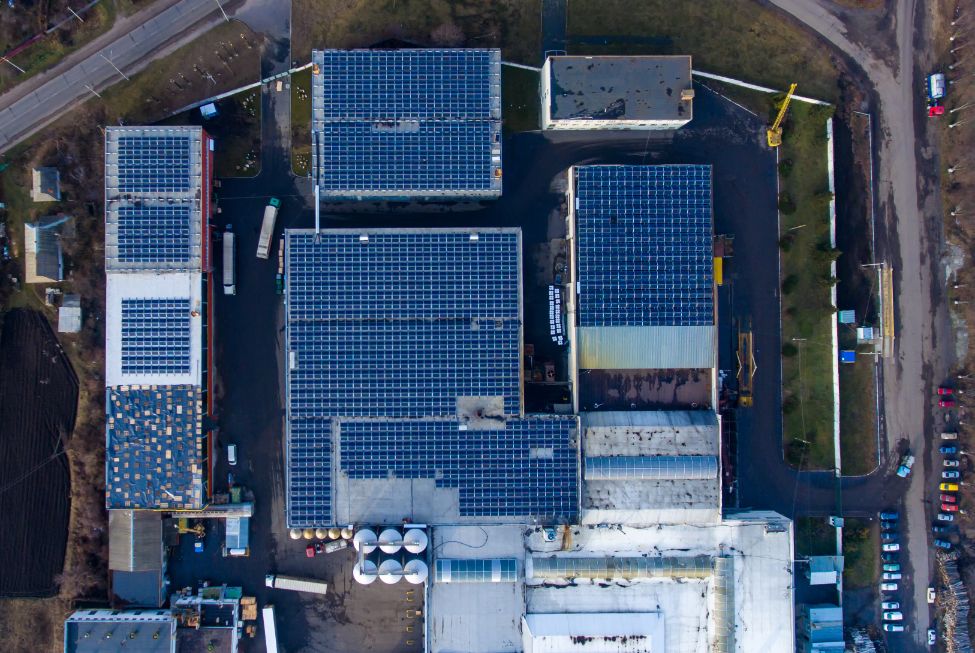
It costs about the same to buy a HiKu or HiDM solar panel in Canada as it does to buy a solar panel from Tier 1. Because solar panels cost so much all over the country. You should expect to pay about $17,000 to $20,000 for an average 6kW solar system that uses these products. How big your plan is, where you live, and how complicated your roof are all factors that can change the cost. Also, there may be solar incentives and rebates available to help you pay for your system.
Canada has a lot of different types of solar panels.
Canadian Solar makes incredible things, and they back them up with warranties that are better than the industry standard. The prices are fair, and the company has a history of making money, so you can be sure they’ll be there to back up their warranties.
If you live in a state where solar panels make financial sense, you should buy a Canadian Solar panels system. A free solar calculator can help you figure out how much solar power you’ll need for your home and how much it will cost and save you.

